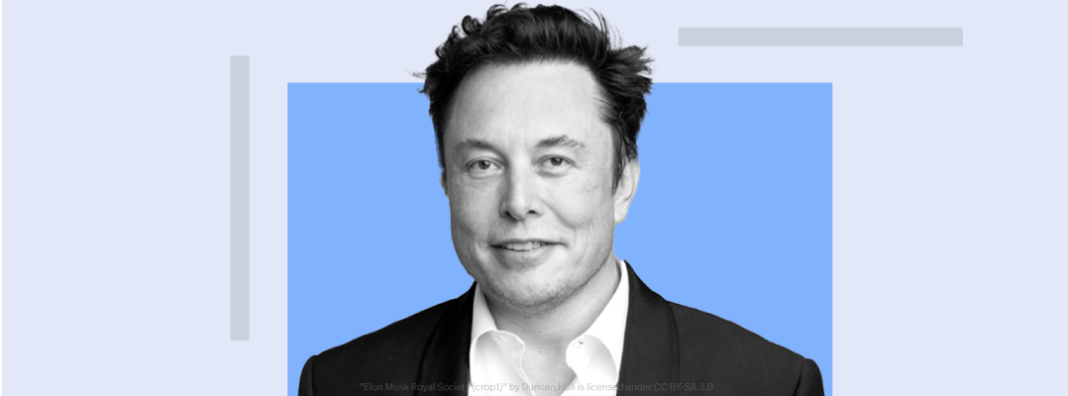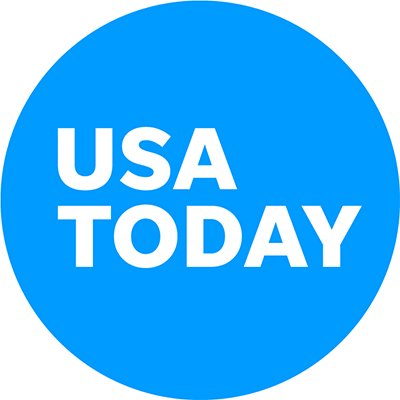
In 1946, the president of 20th Century Fox predicted that television would never catch on. In 1959, the U.S. postmaster general claimed that before we reached the moon, mail would be delivered from Australia to New York by guided missiles. In 1961, an FCC commissioner declared there was practically no chance satellites would be used to improve telephone, television or radio service.
Heck, in 2006, The New York Times personal-tech correspondent predicted that Apple would release a phone “probably never.” Almost nine months to the day, Apple announced the iPhone.
From the day Elon Musk struck a deal to buy Twitter, predictions and reactions abounded: Sen. Elizabeth Warren tweeted, “This deal is dangerous for our democracy.” Sen. Marsha Blackburn tweeted, “Today is an encouraging day for free speech.” The ACLU in their official statement expressed “worry” and “danger.” The president of the Heritage Foundation said, “Conservatives and those who value the First Amendment are watching with joy.” And these are only a sample.
Let’s slow down for a minute. No one, not even Elon, knows where this will end.
The entire debate surrounding how we think about social media platforms never accounted for this moment. None of the arguments about regulating speech imagined a world where Twitter was a private company run by a self-described “free speech absolutist” with his own mixed history when it comes to speech.
Read in full here.



 USA Today
USA Today